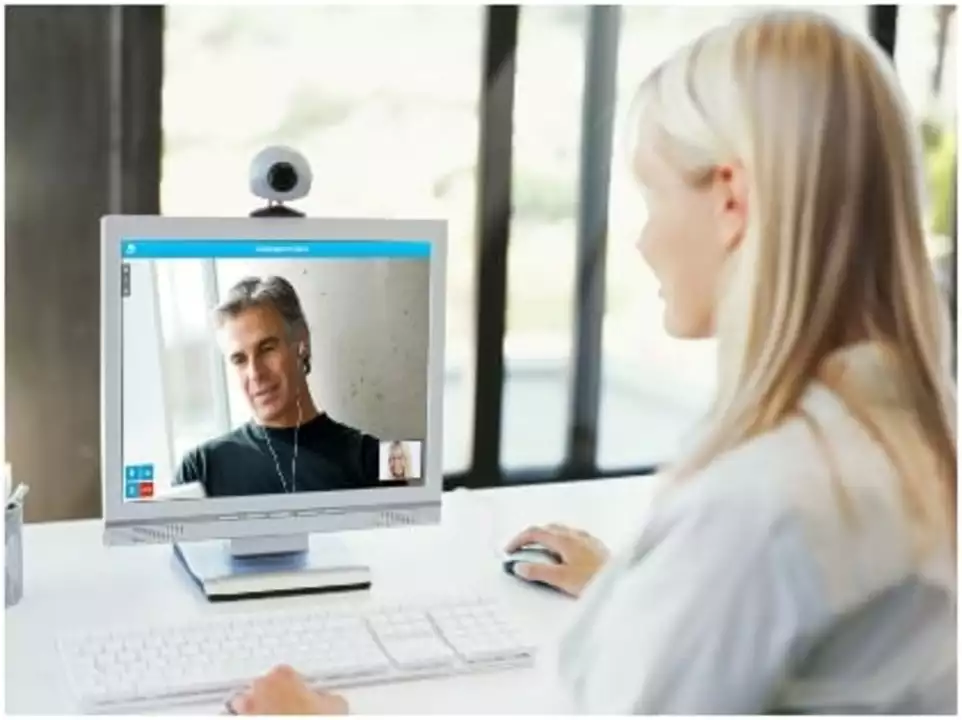Telepsychiatry: what it is and why it matters
You can see a psychiatrist from your couch in minutes. Telepsychiatry uses video or phone visits so you can get diagnosis, therapy, and medication management without driving to an office. For people with mobility issues, busy schedules, or living in areas with few specialists, it’s a real game changer.
This page gives clear, practical steps: what to expect at your first visit, how prescriptions work, basic safety checks, and smart ways to pick a reliable provider. No fluff—just the things you need to know to use telepsychiatry confidently.
How telepsychiatry works and what to expect
Most platforms let you book online, fill out a short health form, and join a video call at the scheduled time. The psychiatrist will ask about symptoms, medical history, sleep, mood, and medications. Expect a focused review—bring notes on current meds, past side effects, and any recent lab results if you have them.
After assessment, the doctor may recommend therapy, a medication change, or a follow-up plan. Many common meds—antidepressants like fluoxetine (Prozac), mood stabilizers, and some anti-anxiety drugs—are routinely managed by telepsychiatry. Keep in mind: controlled substances (some ADHD and sleep meds) often require extra rules or an in-person visit depending on laws and the clinic’s policy.
Choosing a safe, reliable telepsychiatry provider
Start with licensed psychiatrists or clinics that show credentials and clear contact info. Check for secure video platforms (they should mention HIPAA or equivalent privacy safeguards). Read recent user reviews for appointment availability, follow-up quality, and prescription handling.
Ask these simple questions before you sign up: Do you accept my insurance? How do you handle emergencies? Can I see session notes or request a copy? How are prescriptions sent to my local pharmacy? If answers are vague, look elsewhere.
Privacy and tech tips: use a private Wi‑Fi, close other apps, and choose a quiet room. Keep a written list of current meds and doses. If you plan to get a new prescription, ask where it will be sent and whether the clinic uses a pharmacist to check interactions—this matters if you take meds like imipramine or have complex drug lists.
Limitations to remember: telepsychiatry is excellent for medication follow-up, therapy, and many diagnoses, but it can’t replace emergency care. If you’re in crisis or thinking about harming yourself, call local emergency services right away. Also, certain exams and labs still need in-person visits.
Want more detail? We’ve got thorough guides on specific meds (Prozac, mood stabilizers, drug interactions) and on choosing online pharmacies and telehealth platforms. Use telepsychiatry to make mental health care easier, but pick providers who prioritize safety, clear communication, and legal compliance.
As a mental health advocate, I am excited to share the promising approach of combining Aripiprazole, an antipsychotic medication, with telepsychiatry for remote mental health care. Aripiprazole is known for effectively managing symptoms of various mental health disorders, making it a suitable option for telepsychiatry. Telepsychiatry brings mental health care to patients in remote areas, breaking geographical barriers and improving access. This innovative approach allows for continuous, personalized care and proper monitoring of medication effectiveness. With the rise of telemedicine, integrating Aripiprazole and telepsychiatry offers immense potential for enhancing the quality of mental health care for those in need.
